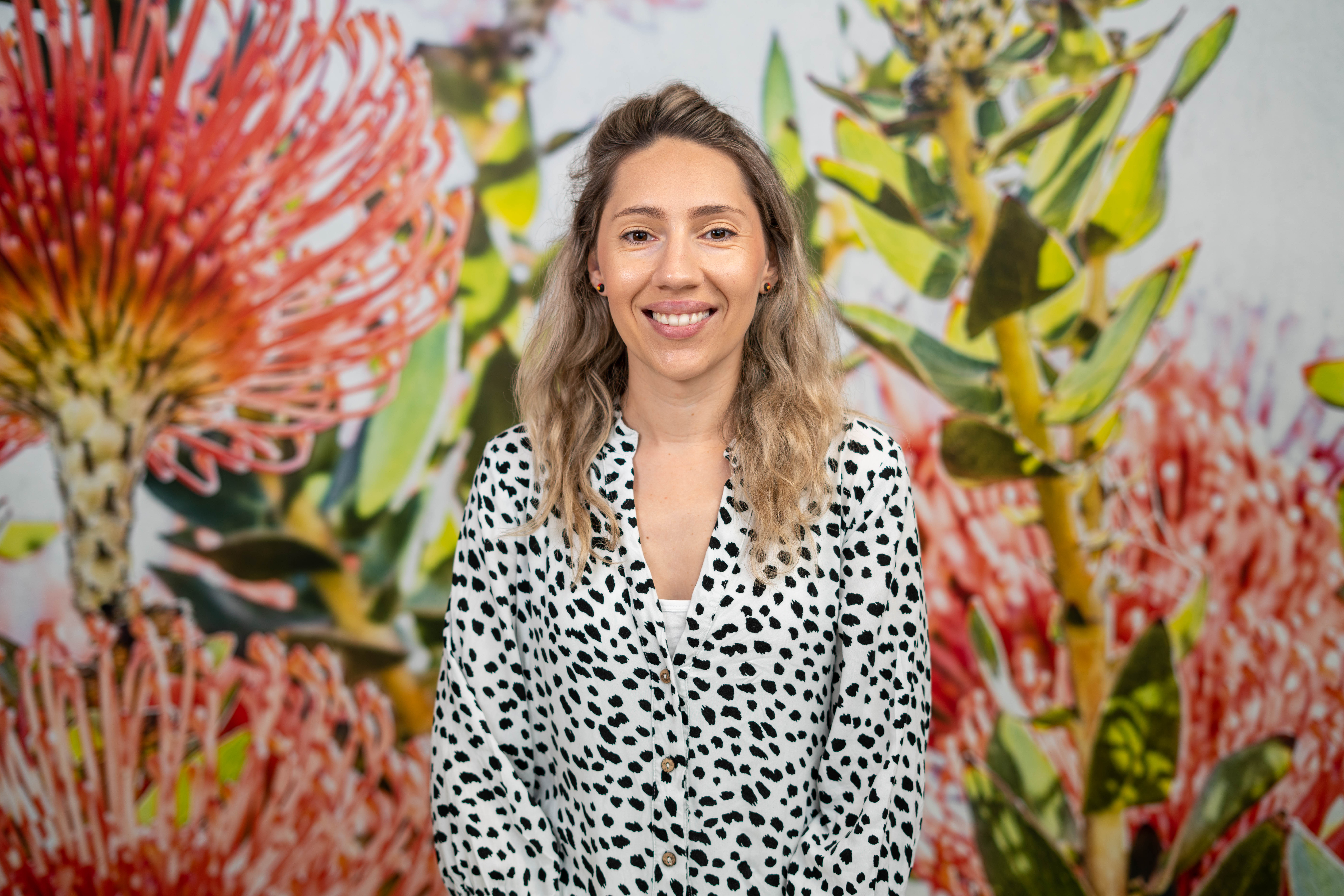Racism and Indigenous Adolescent Development: An interview with Dr. Bep Uink (May 4, 2022)
Few existing studies have examined the impacts of racism on adolescent development specifically with regard to Indigenous youths. Dr. Bep Uink and colleagues conducted a review of present literature to gain greater insight into the state of current research on this topic and to identify associations between racism and adolescent development among Indigenous adolescents. They present their findings in an article titled “Racism and Indigenous Adolescent Development: A Scoping Review” and featured in JRA’s Special Series: Dismantling Systems of Racism and Oppression during Adolescence.
Dr. Uink kindly took the time to answer our questions about this latest article:
1. What is the main takeaway of your article?
Racism faced by Indigenous adolescents is uniquely situated within settler-colonial systems which act to erase and deny Indigenous identities and sovereignty. As such, the developmental impacts of racism on Indigenous adolescents need to be studied in parallel with studies on Black and People of Color youth and in the context of youth living in settler-colonial nations.
Our review found that perceived discrimination was the most commonly studied form of racism against Indigenous adolescents and was linked to academic problems and to internalizing (e.g., depression, anxiety) and externalizing symptoms (e.g., substance misuse). Fewer studies have examined the impact of structural and covert form of racism (i.e., microaggressions) on Indigenous adolescents' developmental outcomes, although there is evidence of widespread erasure of Indigenous perspectives within school curriculums.
We also found that a strength of previous research on the impacts of racism on Indigenous adolescent development has been the adoption of culturally grounded research methodologies.
2. What questions does this paper address? Why were these questions important?
What is the nature, scope and characteristics of the currently available empirical evidence on Indigenous adolescents' experiences of racism? What impacts does racism have on Indigenous adolescents' developmental outcomes (e.g., self-esteem, academics, psychopathology)?
These questions are important to the advancement of a developmental science research agenda informed by anti-racism. These questions also bring Indigenous youth to the forefront of developmental science and highlight their unique strengths and vulnerabilities. By highlighting the impacts of racism—in all forms—on Indigenous adolescents, scholars can advocate for changes to policy and practices in the hope of ameliorating racism against Indigenous youth.
3. What do you wish more people knew about this topic?
Indigenous adolescents show strength in the face of racism, but this is not sufficient. Researchers and policy makers should be, and in some instances are, working together to identify ways to intervene in systems of oppression to create healthy developmental contexts for all adolescents.
4. Are there any papers, videos, blog posts, etc. that you would recommend to readers who are interested in this topic?
Brayboy, B. M. J. (2005). Toward a tribal critical race theory in education. The urban review, 37(5), 425-446.
Walters, K. L., Johnson-Jennings, M., Stroud, S., Rasmus, S., Charles, B., John, S., ... & Boulafentis, J. (2020). Growing from our roots: Strategies for developing culturally grounded health promotion interventions in American Indian, Alaska Native, and Native Hawaiian communities. Prevention Science, 21(1), 54-64
5. What are you most excited to see in this field in the future? What questions are you particularly excited to get answers to?
This review calls for greater research on the impacts of racism, particularly covert forms, on Indigenous adolescents' developmental outcomes. Identification of what works in reducing racism directed at Indigenous adolescents is an exciting avenue for future research.
At a broader level, this research calls on greater inclusion of Indigenous models of wellbeing development in developmental science research. A wealth of knowledge can be gained by identifying what healthy development looks like for Indigenous youth, across various nations, and how protective factors such as connection to culture, family/kinships, and spirit/ancestors promote happy, healthy lives for Indigenous youth.
Author bio:
 Bep Uink (She/Her): Bep Uink (Master of Applied Psychology(Clinical), PhD) is a Noongar woman from Perth, WA. She works at Kulbardi Aboriginal Centre, Murdoch University as a researcher. Her research focuses on understanding how socially determined disadvantage impacts the social emotional wellbeing of young people, both Indigenous and non-Indigenous, and how social systems such as higher education can support young people’s wellbeing. She is currently leading an ARC funded project investigating racism and allyship among Indigenous youth and those who support them. Her work spans investigations into adolescent emotion regulation, the barriers and enablers of Indigenous student success in higher education, gendered barriers to higher education, and Aboriginal and Torres Strait Islander LGBTQA+ youth mental health.
Bep Uink (She/Her): Bep Uink (Master of Applied Psychology(Clinical), PhD) is a Noongar woman from Perth, WA. She works at Kulbardi Aboriginal Centre, Murdoch University as a researcher. Her research focuses on understanding how socially determined disadvantage impacts the social emotional wellbeing of young people, both Indigenous and non-Indigenous, and how social systems such as higher education can support young people’s wellbeing. She is currently leading an ARC funded project investigating racism and allyship among Indigenous youth and those who support them. Her work spans investigations into adolescent emotion regulation, the barriers and enablers of Indigenous student success in higher education, gendered barriers to higher education, and Aboriginal and Torres Strait Islander LGBTQA+ youth mental health.

